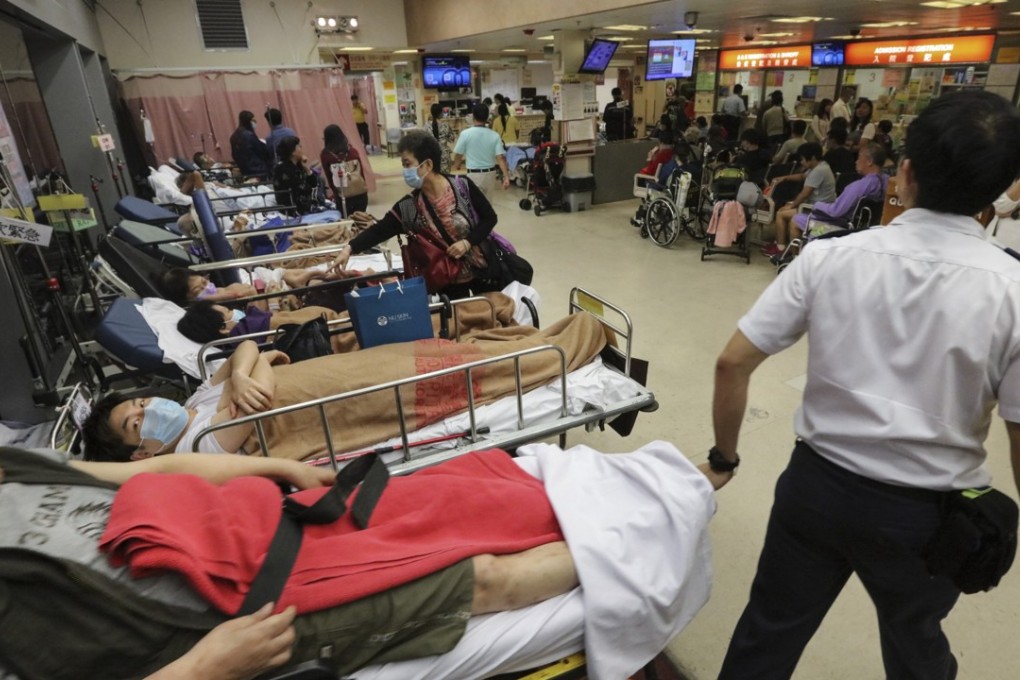
Pay rise for hospital workers will not ease overcrowding
Increasing the allowance of care workers in public hospitals may not be a practical way to ease working conditions in the sector, because this does nothing to ease overcrowding.
Nurses and other health care workers will still have to work overtime, the only difference is they will be paid a little more. Such long and arduous working hours on a regular basis may badly affect the provision of services in public hospitals.
Especially in the flu season, and as the problem of an ageing population worsens, the demand and strain on public hospitals will undeniably increase. This will also raise the risk of drugs being wrongly administered and putting lives in danger.
In a bid to reduce the heavy workloads of nurses and medical staff in the long term, the government should be trying to boost their ranks – by promoting health care careers in secondary schools.